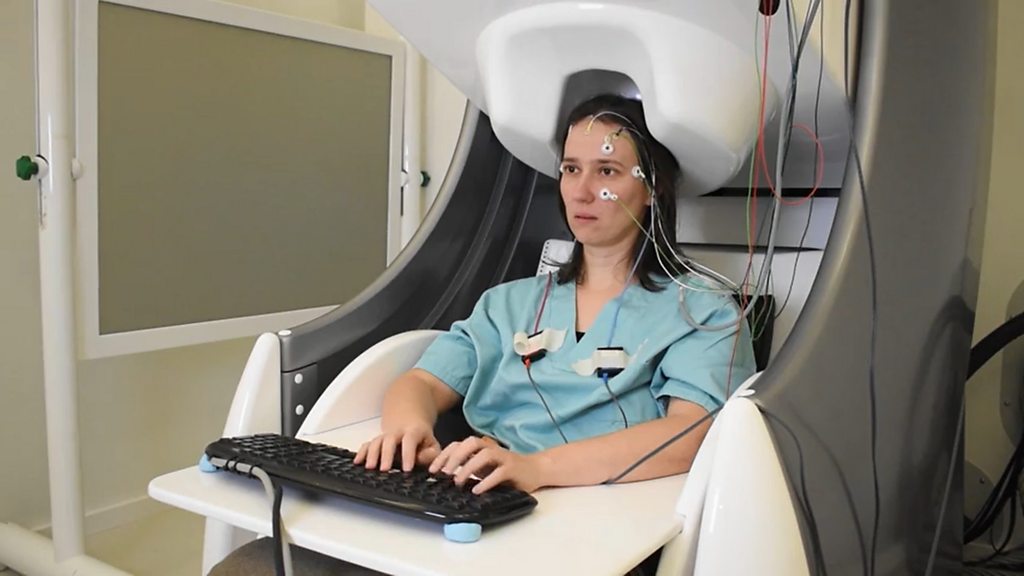Event JSON
{
"id": "872ab80dcacff42817d0419a738419f5b27fc5628882b38679d01d2ac4e0c809",
"pubkey": "3b6c0a727e796e363219c1899211e158ae7a5eb75725014a66eb04d9d5cc03ae",
"created_at": 1739349618,
"kind": 1,
"tags": [
[
"r",
"https://www.bbc.co.uk/sounds/play/w3ct5wnj"
],
[
"subject",
"Tech Life: Decoding the brain"
],
[
"published_at",
"1739305920"
],
[
"image",
"https://ichef.bbci.co.uk/images/ic/1024x576/p0kqm1md.jpg"
],
[
"p",
"3b6c0a727e796e363219c1899211e158ae7a5eb75725014a66eb04d9d5cc03ae",
"wss://relay-testnet.k8s.layer3.news"
],
[
"imeta",
"url https://ichef.bbci.co.uk/images/ic/1024x576/p0kqm1md.jpg"
],
[
"t",
"technology:perspective"
],
[
"summary",
"A team of scientists has been working on a project to develop an artificial intelligence system that can interpret brain signals to help people with speech loss communicate. The system, which is still in its early stages, uses electroencephalography (EEG) to record brain activity and machine learning algorithms to decode the signals. The goal is to enable people with speech loss to communicate more effectively and potentially regain their ability to speak."
]
],
"content": "nostr:nprofile1qy3hwumn8ghj7un9d3shjtt5v4ehgmn9wshxkwrn9ekxz7t9wgejumn9waesqgpmds98ylnedcmryxwp3xfprc2c4ea9ad6hy5q55ehtqnvatnqr4cud4d20\nhttps://ichef.bbci.co.uk/images/ic/1024x576/p0kqm1md.jpg\nCould AI help people with speech loss talk by interpreting signals in their brain ?\nhttps://www.bbc.co.uk/sounds/play/w3ct5wnj",
"sig": "c06431b37acf5ec9ac1c09bda0555dfd9d742c6b42d58d06cc32c12000dbf99a866a0b6a8927f3bebd449351b0b9553aa42b73087939f8b99ae93c789a649cee"
}


